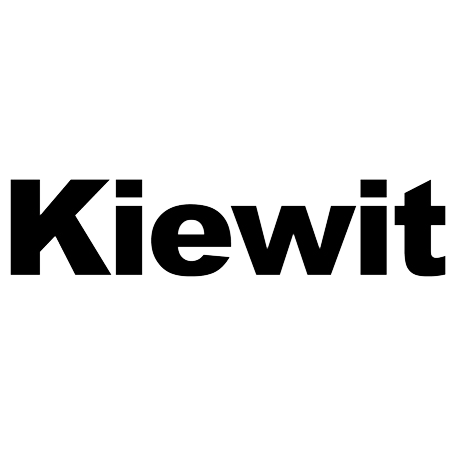Call us at +1 (917)-745-6877 for more info or click here
The recent rise of AI has led all industries and business owners to ask: “How can we use AI to improve our operations?”
While many industries can find benefits in adopting AI technologies, construction companies, in particular, have a lot of potential gain in doing so.
Construction business owners are constantly faced with various challenges. These include things like rising material costs, worker safety, and the industry’s ecological impact. Artificial intelligence presents possible solutions for dealing with such obstacles.
In a 2023 study from Forbes, most business owners had a positive outlook on the integration of AI into their businesses. 64% of participants expected AI to have a positive impact on their productivity and customer relationships.
They also anticipated improvements in other areas from using AI:
It seems like AI use and positive sentiment around it are growing and that the technology may be here to stay. So, how can construction firms incorporate it into their businesses to better operations?
Employee safety is a prominent issue in the construction industry.

One in 10 construction employees gets injured annually. This number presents a clear need for lasting and sustainable responses to worker safety. AI devices have the potential to help address these safety concerns, and 38% of business owners already use AI to minimize safety issues.
For one, project managers and inspectors can turn to AI cameras and drones to improve their observation of job sites.
AI-powered drones can become useful in surveying construction sites and improving inspections. They can also offer an additional eye during construction work to ensure safety compliance and detect any issues.
Unlike regular drones, artificial intelligence cameras would be able to analyze what they see and identify issues without needing control from human workers.
Another possible use of AI in safety management is by synchronizing it with wearable technologies. Devices like heart rate monitors, fitness watches, and other wearable gadgets can monitor essential health vitals and detect when there is a problem.
Linking these wearable sensors to an AI system can allow managers to track workers in real-time. This can come in handy for remote jobs or lone workers.
AI can be an invaluable tool in data collection, organization, and analysis. And, as we’ve come to understand in this day and age, data governs many important aspects of running a construction business.
Artificial intelligence can automate data collection and identify trends and patterns in those data sets. Combined with machine learning, data analysis becomes more accurate over time and is able to make better predictions. This type of technology can also highlight improvement areas for your company.
Thus, it can be valuable in various departments. For example, trends identified in worker injuries or incidents may be used to identify safety concerns, causes of injuries, and other patterns you can address to enhance safety.
Excellent data analysis and use also play a key role in improving decision-making and establishing processes that promote better performance, efficiency, and productivity.
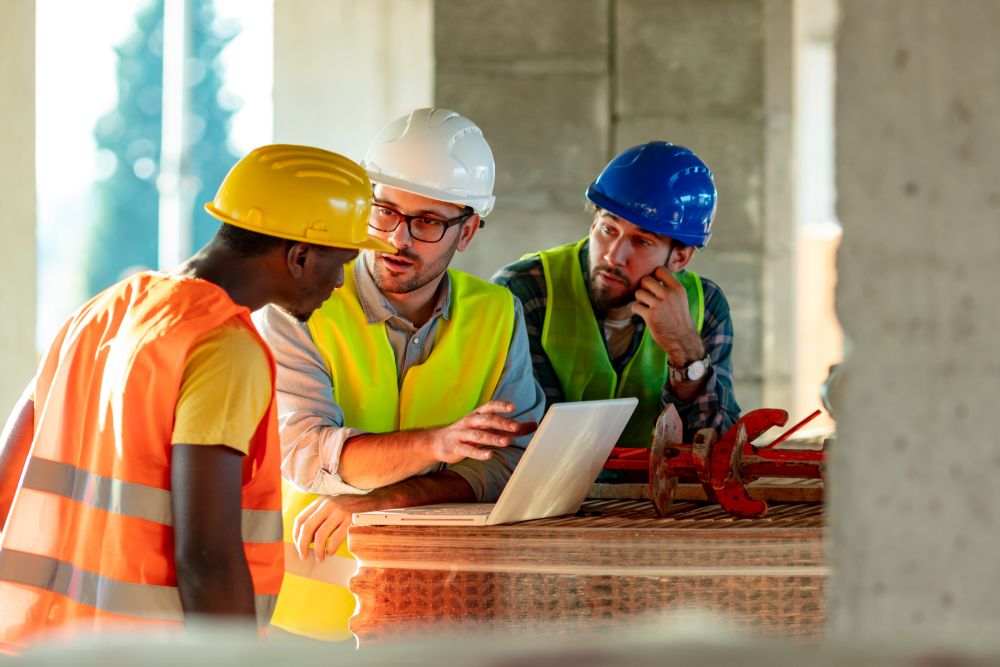
Automation is one of the big benefits of integrating AI into your construction operations. There are so many moving pieces for construction projects- from budgets to schedules, worker allocation to project monitoring. It can get overwhelming! 51% of businesses use AI for process automation.
Finding ways to automate repetitive tasks using AI can reduce your team’s workload tremendously. It can also help you grapple with having a smaller team in light of the construction industry labor shortage.
Based on past data and patterns, AI can automate essential tasks, like preventative maintenance scheduling or inspections, which impact safety, productivity, construction equipment efficiency, and other key business areas.
Leveraging other AI-powered technologies like robotic process automation (RPA), augmented reality (AR), and drone technology can also help improve efficiency. They can speed up construction processes, help detect issues faster, and better data analysis so you can analyze and actively optimize your productivity.
Another AI-based system that can help reduce workload, streamline tasks, and boost efficiency is a virtual assistant.
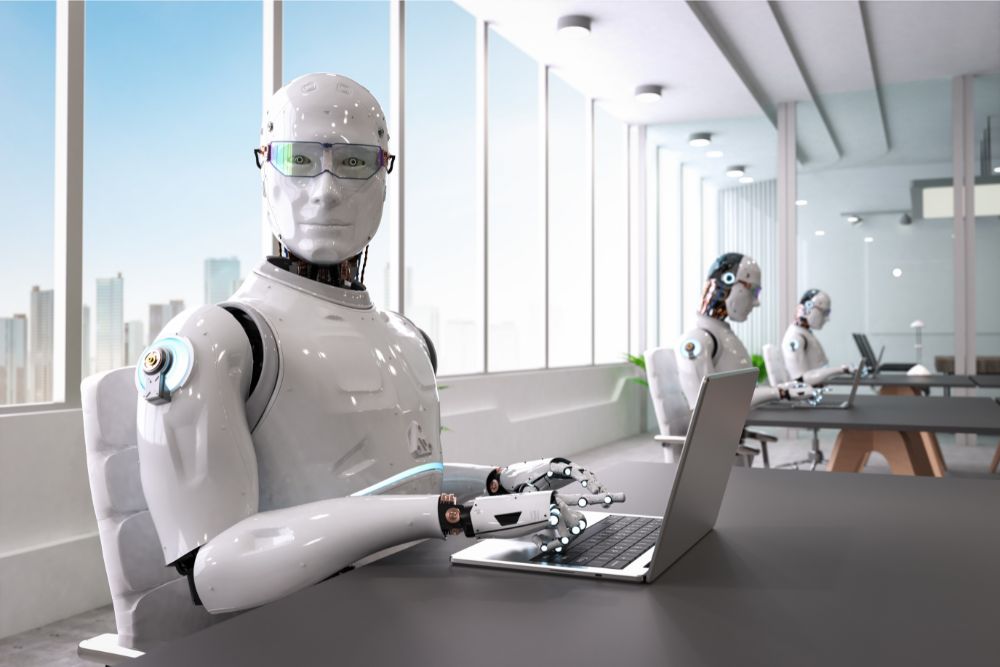
Your virtual assistant can take over some of the time-consuming (but still important) manual tasks that keep your business running. They can oversee things like scheduling and bookings, work allocation, internal and outgoing communication, and even cost estimation and budgeting.
Using VAs together with natural language processing (NLP) can take AI virtual assistants to the next level.
NLP may enable you to speak to your assistant as you would another person and, by becoming accustomed to your language patterns and requests, the VA can improve its output. It’s kind of like Siri or Alexa- with a boost!
Using AI in the building design process and building information modeling can help minimize emissions and the impact of construction on the climate.

Artificial intelligence can evaluate analytics from previous projects, including the use of raw materials and other resources. It can then model designs for more sustainable infrastructure that requires less energy and materials.
You can also use it to point out areas in your operations that utilize energy inefficiently. This can help you improve your environmental impact and cut energy costs at the same time. Your recycling and management of construction waste can also benefit from AI-powered tools.
For example, you can employ AI-powered robots to sort through your waste and recycle it. Or you can leverage its data analysis capabilities to help you find opportunities to reduce your waste output and recycle.
Artificial Intelligence is redefining how businesses operate. And our prediction is that it will continue to shatter the bounds of what we thought technology could do for us. Already it offers several benefits for the construction industry, some of which we haven’t delved into here.
Consider this revolutionary technology to help you cut costs, reduce your environmental footprint, better processes, boost productivity, and save lives on site.

Although construction employees are only 6% of the US workforce, they make up an estimated 20% of workplace deaths. Working in the construction industry comes…
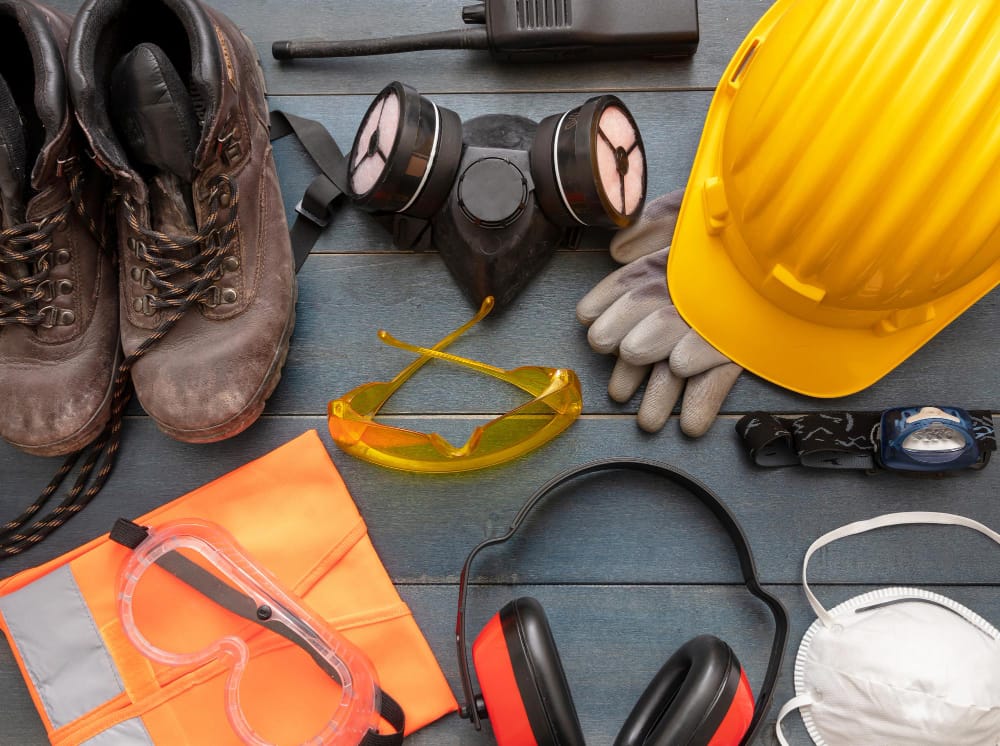
Did you know the construction industry accounts for 20% of work-related injuries in the private sector? Considering construction contractors account for only 5% of the…
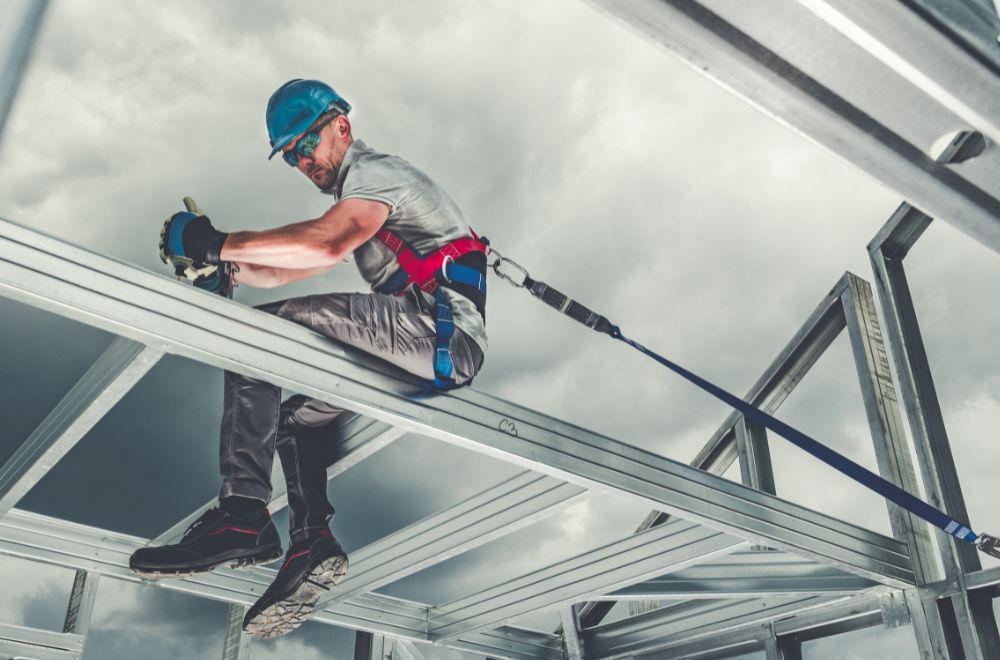
Fall protection equipment refers to systems or devices that are used to protect workers from the dangers of falling while they are performing their duties.…
Selected as #1 by top ENR General Contractors. Loved by thousands of Trade Contractors across the US.



















